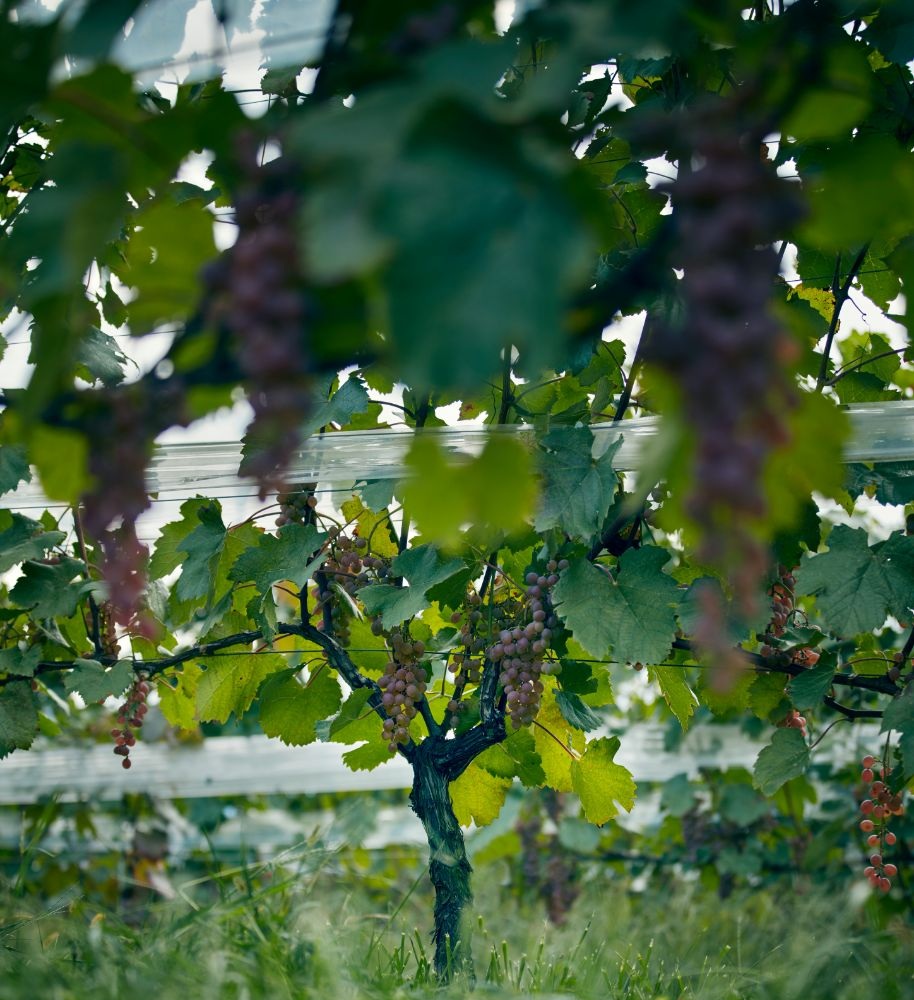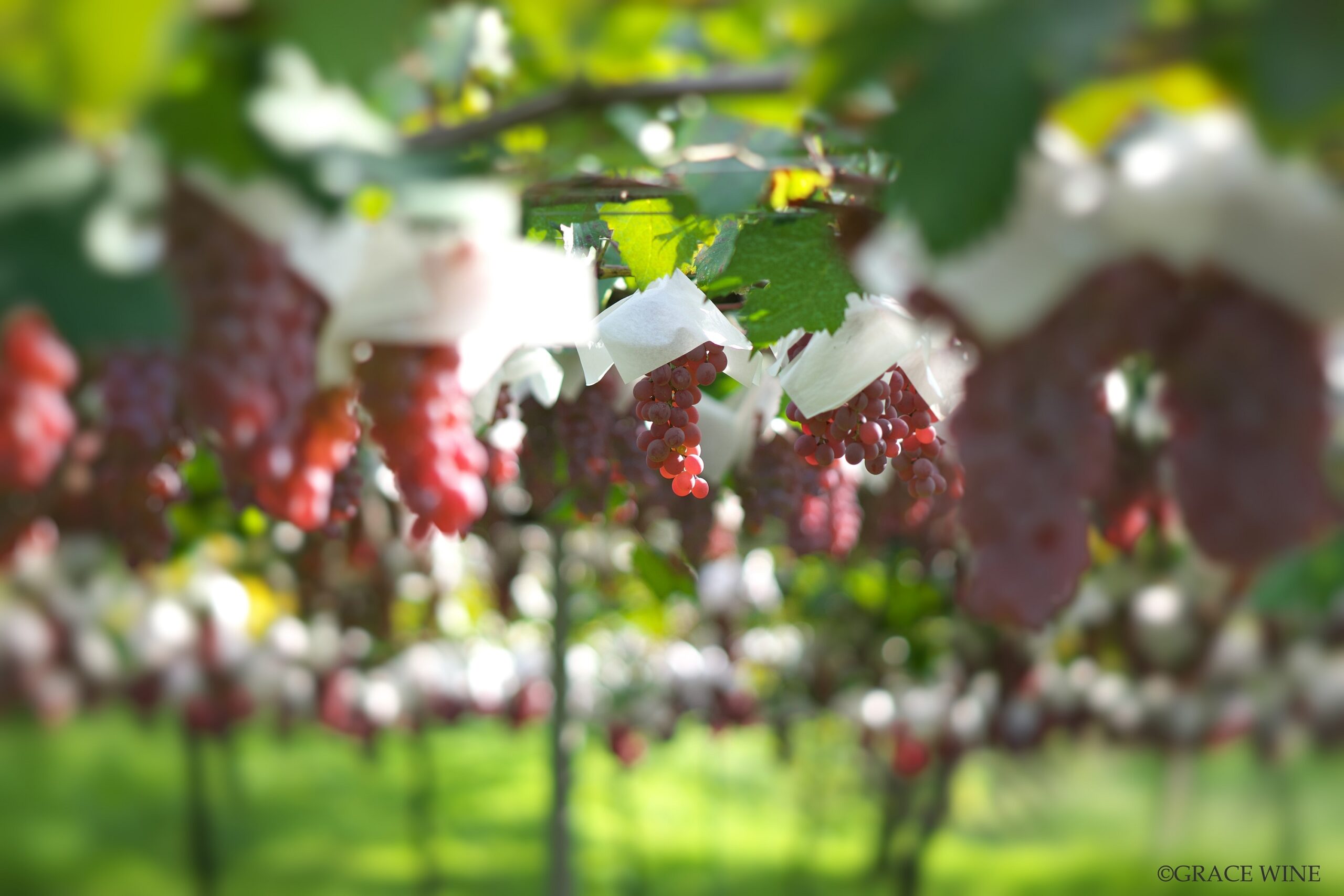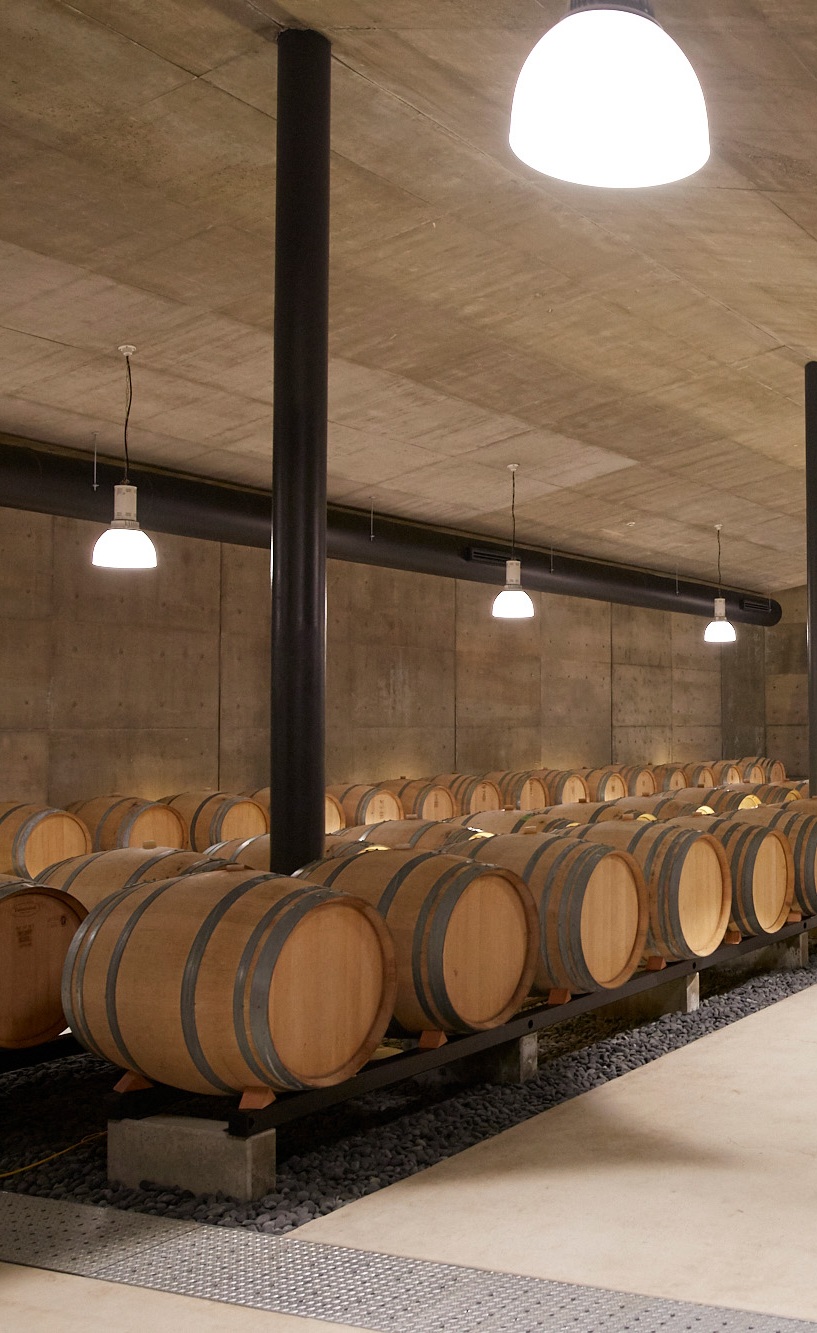
17 Apr Grace Wines Japan: A Century of Craftsmanship and the Rise of Koshu’s New Era
Nestled in the stunning valleys of Yamanashi Prefecture, and surrounded by Japan’s four highest mountain peaks, boasting the countries most sunshine hours, is Japan’s pioneering wine region. Grace Wines has been a beacon of artisanal winemaking since its founding in 1923. Owned and operated by the Misawa family for five generations, Grace Wines represents a perfect union of tradition, innovation, and the Japanese philosophy of meticulous attention to detail.
If you would like to sample a range of different wines from Grace Wine, then check out our Grace Wine Tasting Selection. Buy Now to save $87!
Ayana Misawa’s Global Journey, Rooted in Japanese Soil

When Ayana Misawa returned to her family estate in Yamanashi in 2008, she brought with her not just a passion for viticulture, but the collective wisdom of the world’s most prestigious wine regions. Ayana studied Oenology in Japan for four years before spending three years in at the Bordeaux University of Viticulture and Oenology, preceded by a year as an exchange student at Stellenbosch University. She even did a vintage with Duncan Savage in Cape Town. Followed by vintage experiences with Errazuriz in Chile, Catena in Argentina, Brokenwood, Woodlands and Hardy’s Arras in Australia and Mountford in New Zealand.
Ayana came home with a singular mission: to elevate Koshu—Japan’s ancient and elegant native grape—to global renown. As the fifth-generation winemaker of Grace Wines, she now leads the charge with quiet confidence and technical mastery, combining old-world craftsmanship with a new-world perspective. For Ayana, Koshu is more than a grape; it’s a symbol of cultural heritage, resilience, and the enduring connection between family, land, and legacy.
A Legacy of Precision and Sustainability
From the outset, Grace Wines has stood out for its commitment to hand-crafted quality. All grapes are harvested by hand, ensuring only the finest fruit reaches the cellar. Small harvest crates are used to avoid damage to the grapes, and every step of the process — from sorting to vinification — is carried out with rigorous care. Dedicated to natural viticulture, Grace Wines has eschewed herbicides and chemical fertilisers, with trials in organic farming beginning in 2016. In pursuit of environmental responsibility, the winery also adopts lightweight bottles, carbon pruning initiatives (4-per-mille), and rainwater reuse systems, aligning with their deep respect for nature and sustainability.

Vineyard Locations: Where Terroir Meets Tradition
Grace Wines draws from multiple vineyard sites in Yamanashi, each with distinct terroirs that contribute to the elegance and complexity of their wines.
1. Katsunuma (GI)
Considered the birthplace of Japanese winemaking, Katsunuma is famed for its high-altitude vineyards, mineral-rich soils, and continental climate with large diurnal temperature shifts — ideal for cultivating flavour-rich grapes.
2. Kayagatake Foothills
Located 40km northwest of Katsunuma, the vineyards here sit at 400–700m above sea level, producing delicate, mineral-driven Koshu grapes, thanks to unique climate and soil compositions.
3. Akeno (GI) – Misawa Vineyard
At 700m elevation, this site enjoys the longest sunshine hours in Japan, offering a cool highland climate. With panoramic views of Mount Fuji, Mount Yatsugatake, and the Southern Alps, the Misawa Vineyard yields grapes with exceptional acidity, ripeness, and balance — a perfect foundation for the winery’s flagship wine.
Koshu: Japan’s Indigenous White Grape Comes of Age

At the heart of Grace Wines’ philosophy lies Koshu, a white grape variety with pink skin that is indigenous to Japan and descended from the European Vitis vinifera species. Mysteriously journeying from the South Caucasus to Japan over a thousand years ago, Koshu has become deeply rooted in Yamanashi’s culture and viticulture.
Recognised globally since 2010 as an official varietal by the OIV (International Organisation of Vine and Wine), Koshu continues to surprise wine lovers with its versatility, subtlety, and growing prestige. According to the book “Wine Grapes” by Jancis Robinson, Julia Harding MW, and José Vouillamoz, “Koshu wines are typically light, delicate, and fresh, with a certain zen-like purity about them”.
Flagship Wine: Grace Koshu Cuvée Misawa Akeno Vineyard 2021
One of the most exciting expressions of modern Japanese winemaking and arguably the best white wine produced in Japan is the Grace Koshu Cuvée Misawa Akeno Vineyard 2021 — a wine born from passion, patience, and precision.
This single-vineyard cuvée is crafted from low-yield Koshu vines at the Misawa Vineyard, with harvests done by parcel and sometimes by vine. It undergoes spontaneous fermentation with indigenous yeasts, followed by natural malolactic fermentation, a rarity for Koshu.
Aged for seven months in stainless steel and old French oak, the 2021 vintage boasts:
- Aromas of white peach, pear, apple, jasmine, honeysuckle, white pepper, and subtle spice.
- A lemon yellow hue and beautifully complex bouquet.
- A palate that is smooth, voluminous, and umami-rich, balanced by refreshing acidity and a clean, elegant finish.
This wine is not only drinkable in its youth, but also crafted for cellaring, showing the remarkable ageing potential of Koshu when treated with such care.

A New Chapter for Japanese Wine
With Grace Koshu Cuvée Misawa Akeno Vineyard 2021, Grace Wines is pushing the boundaries of what Japanese wine can be. Abandoning conventional techniques like chaptalisation and acid adjustments, this wine is a true expression of terroir, showcasing the full potential of Koshu as a world-class varietal. For those seeking a wine that embodies purity, precision, and place, Grace Wines offers an unforgettable journey into the heart of Japanese viticulture.
Grace Wine is a star in the Japanese Wine World
At the Decanter World Wine Awards, the world’s largest wine competition, Grace Wine was the first Japanese winery to win a gold medal. And has managed to repeat this excellence for 6 consecutive years!
If you would like to sample a range of different wines from Grace Wine, then check out our Grace Wine Tasting Selection. Buy Now to save $87!

